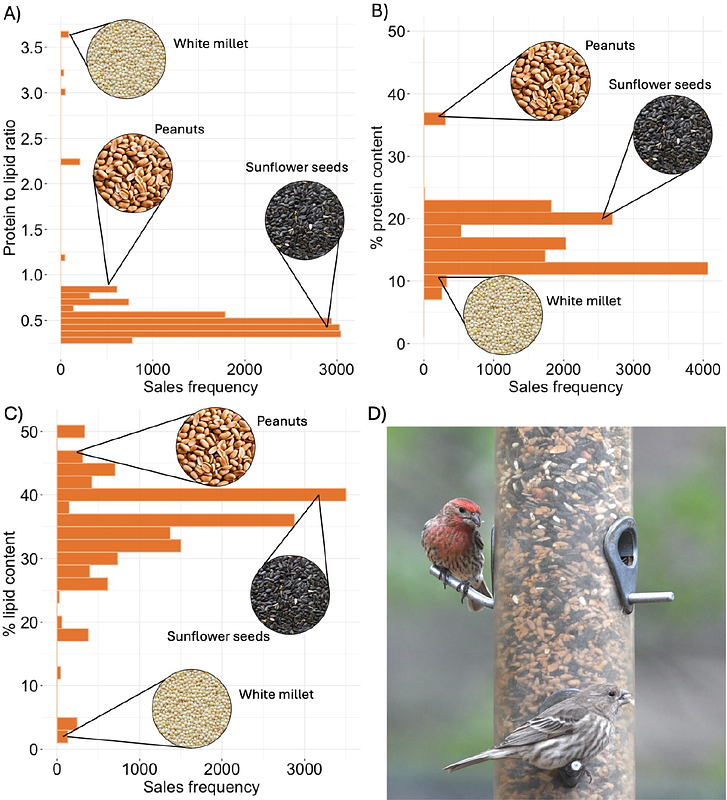The nutritional content of anthropogenic resources affects wildlife disease dynamics

The nutritional content of anthropogenic resources affects wildlife disease dynamics
Sauer, E. L.; Hite, J. L.; DuRant, S. E.
AbstractWildlife have become increasingly reliant on human-supplemented food, affecting interactions between individuals and subsequently disease transmission. Much of the research investigating the impact of human-supplemented food has focused on host behavioral changes and food availability. However, the nutritional quality of food can significantly impact disease transmission depending on whether it boosts or hinders immunity. Few studies have investigated links between nutrition, immunity, and pathogen transmission, which weakens efforts to guide and manage infectious disease at the wildlife-human interface. We investigate these interactions using a data-driven transmission model that explicitly incorporates feedback between nutrition, immunity, and pathogen transmission in the bacterial pathogen, Mycoplasma gallisepticum and its avian hosts which are heavily dependent on supplemental food sources. We also examine the nutritional content and sales frequency of one of, if not the, most common source of anthropogenic food supplementation, bird feeder food. We find that food with lower nutritional quality is purchased for wild bird supplementation far more frequently than food with high nutritional quality. Further, our transmission model demonstrates that these lower quality food sources result in large epidemics that cause destabilizing population declines. Our results suggest that nutritional quality plays an important role in disease transmission and provide insight into the ecological and immunological consequences of human behavior on infectious disease in wildlife.